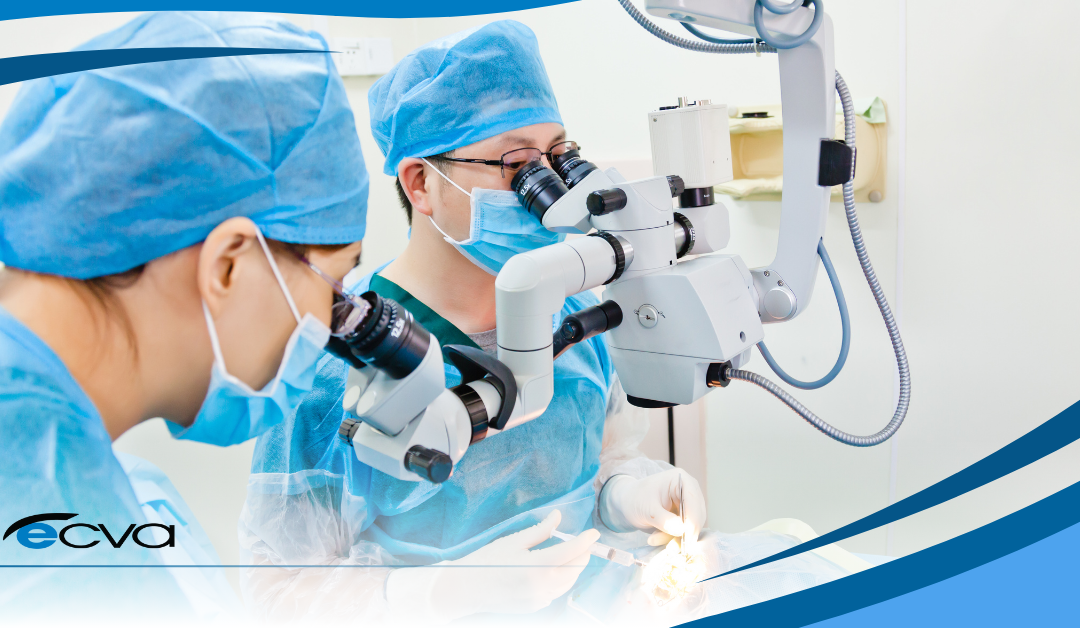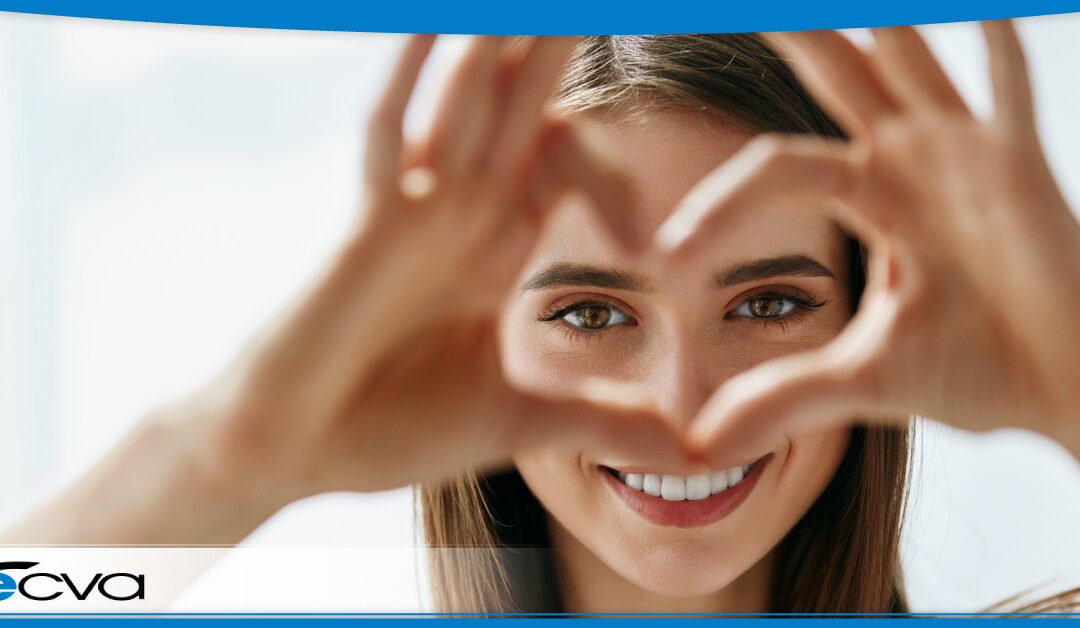
by barqar | Jun 13, 2025 | Uncategorized
Choosing the right eye doctor is the first step in protecting your long-term eye health. Whether you’re booking your first eye exam, managing a chronic condition, or preparing for cataract surgery, finding the best provider for your needs can make all the difference....

by barqar | Apr 11, 2025 | Uncategorized
Choosing the right eye doctor means better vision, improved eye health, and peace of mind. So, how do you decide who to trust with your eyes? Choosing the right eye doctor is essential for maintaining good vision and overall eye health. Whether you need a new glasses...

by barqar | Feb 20, 2025 | Uncategorized
Cataracts are one of the most common causes of vision loss, yet many people don’t recognize the early signs until their sight is significantly impaired. What starts as mild blurriness or increased light sensitivity can gradually worsen, making everyday tasks like...

by ecvaeyeadminz | Mar 15, 2024 | News
As the April 2024 solar eclipse approaches, excitement builds in Buffalo, NY, where observers anticipate a breathtaking event. According to NASA, the partial eclipse will commence at 2:04 p.m., with totality beginning at 3:18 p.m. However, it’s crucial to...

by ecvaeyeadminz | Jan 19, 2023 | Eye Health
Caring for your eyes is an excellent way to help keep them healthy. Specific eye care habits can reduce your odds of developing specific conditions, while others can keep your eyes comfortable during changing environmental conditions. Fortunately, creating an...






